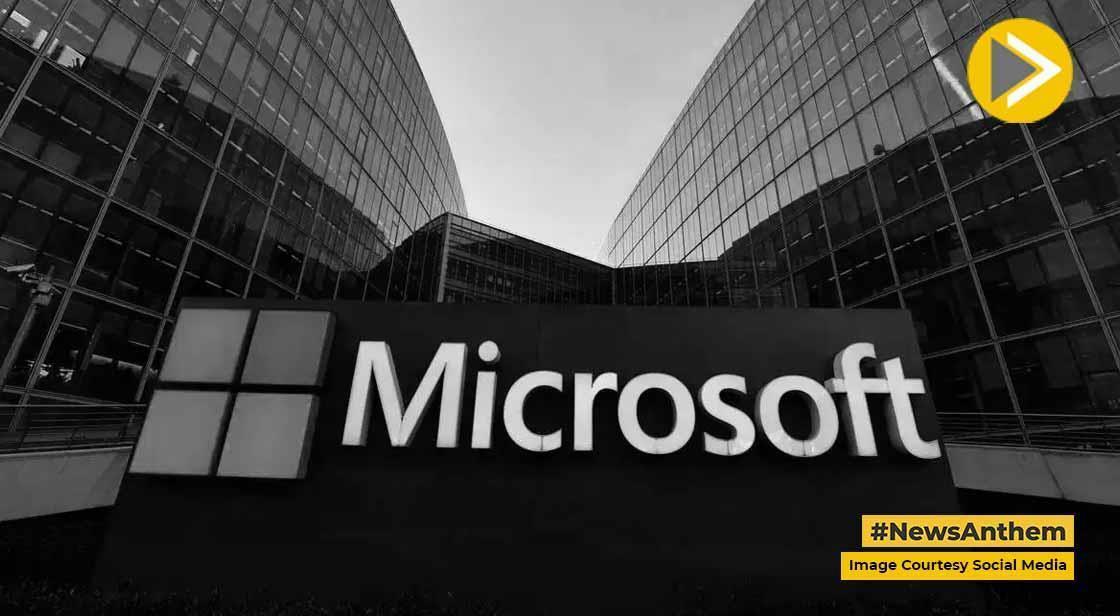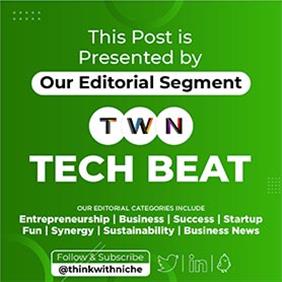US FTC Launches Comprehensive Antitrust Investigation into Microsoft Businesses

News Synopsis
The United States Federal Trade Commission (FTC) has initiated an extensive antitrust investigation into Microsoft Corporation, delving into its cloud computing, software licensing practices, cybersecurity services, and artificial intelligence offerings.
The investigation, which follows over a year of informal interviews with Microsoft competitors and business partners, represents a significant scrutiny of the tech giant.
FTC officials have sent Microsoft a detailed, multi-page information request, signed off by FTC Chair Lina Khan, compelling the company to disclose crucial data about its business practices, according to sources familiar with the situation.
The FTC’s antitrust team is also engaging with Microsoft competitors in the coming weeks to gather additional insights into the company’s operations.
FTC's Focus on Microsoft's Market Practices
The FTC's investigation stems from concerns about Microsoft's market dominance, particularly in bundling its cloud services with popular office productivity tools and security software. Competitors have alleged that these practices limit their ability to compete fairly.
In a key area of scrutiny, the FTC is examining Microsoft Entra ID (formerly Azure Active Directory), a security tool used for user authentication in cloud-based software. Competitors argue that Microsoft's licensing terms and bundling strategies hinder rival cybersecurity firms from gaining market share.
Another major point of contention is Microsoft's practice of integrating Teams, its video-conferencing software, into its productivity suites, such as Word and Excel. Companies like Salesforce Inc.’s Slack and Zoom Communications Inc. have criticized this approach as anticompetitive, claiming it diminishes their competitiveness.
Microsoft's Government Contracts and Cybersecurity Challenges
Microsoft’s position as a top government contractor has also drawn attention. The company provides billions of dollars in cloud and software services to U.S. agencies, including the Department of Defense. Recent cybersecurity incidents involving Microsoft’s products have amplified concerns over the company’s reliability and market influence.
The FTC cited a CrowdStrike crash, which disrupted millions of devices running Microsoft Windows earlier this year, as an example of the company’s extensive market penetration and the broader economic risks tied to its dominance.
A November 2023 FTC report also raised alarm over the concentrated nature of the cloud market, warning that issues with a dominant cloud provider could cascade across the economy or specific sectors.
A Historical Echo: Microsoft Under Antitrust Scrutiny Again
This isn’t the first time Microsoft has faced antitrust scrutiny. Over 25 years ago, the U.S. government sued the company for bundling its Windows operating system with its Internet Explorer browser. The case, though it failed to break up Microsoft, set a precedent for regulating tech giants.
The latest investigation revisits similar concerns, particularly about the bundling of products to maintain market dominance.
FTC Leadership Transition and the Road Ahead
The investigation is among the final moves by FTC Chair Lina Khan, known for her aggressive stance against corporate consolidation. Her departure coincides with an era of anticipated regulatory shifts under the incoming administration. It remains to be seen how the new FTC chair will approach the case.
Conclusion: The Stakes for Microsoft
As the FTC intensifies its scrutiny, Microsoft faces a pivotal moment that could reshape its business practices. The outcomes of this investigation may significantly impact not only Microsoft but also the broader tech industry, setting the stage for future antitrust actions against dominant players.
About the United States Federal Trade Commission (FTC)
The United States Federal Trade Commission (FTC) is an independent federal agency tasked with promoting consumer protection and ensuring fair competition in the marketplace. Established in 1914 by the Federal Trade Commission Act, the FTC plays a pivotal role in regulating corporate practices and safeguarding consumer rights.
Key Objectives and Responsibilities of FTC
-
Promoting Fair Competition:
-
Investigating anticompetitive practices such as monopolies, mergers, and price-fixing.
-
Enforcing antitrust laws, including the Sherman Act, Clayton Act, and the Federal Trade Commission Act.
-
-
Protecting Consumers:
-
Preventing deceptive or unfair business practices.
-
Ensuring accurate advertising and marketing practices.
-
Monitoring and addressing privacy and data security concerns.
-
-
Enforcing Federal Laws:
-
Administering laws related to identity theft, online fraud, and unfair trade practices.
-
Collaborating with other agencies to address emerging economic and technological issues.
-
Divisions of the FTC
-
Bureau of Consumer Protection:
-
Investigates complaints from consumers and businesses.
-
Educates the public on consumer rights and fraud prevention.
-
-
Bureau of Competition:
-
Focuses on antitrust enforcement and promoting competitive markets.
-
Reviews proposed mergers to prevent monopolistic outcomes.
-
-
Bureau of Economics:
-
Provides economic analysis to support consumer protection and competition cases.
-
Examines the economic impact of FTC actions and market trends.
-
Major Functions of the FTC
-
Antitrust Enforcement: Preventing monopolistic behavior and unfair competition practices.
-
Consumer Protection: Addressing fraud, scams, and violations of consumer rights.
-
Data Privacy: Ensuring companies adhere to privacy laws and secure consumer data.
-
Merger Reviews: Scrutinizing mergers and acquisitions to maintain market balance.
Recent Notable Actions by the FTC
-
Big Tech Scrutiny:
The FTC has been aggressively investigating technology companies for potential antitrust violations, including examining their market dominance, data collection practices, and mergers. -
Consumer Data Protection:
The agency has issued fines and imposed restrictions on companies failing to safeguard user data or engaging in deceptive privacy practices. -
Merger Challenges:
Recent challenges to mergers involving large corporations highlight the FTC's commitment to maintaining competitive markets.
Leadership and Governance
The FTC is governed by five commissioners, nominated by the President and confirmed by the Senate, each serving a seven-year term. No more than three commissioners may belong to the same political party to ensure bipartisan representation.
Current Leadership:
-
Chair: Lina Khan (as of 2024), known for her rigorous stance on Big Tech regulation and antitrust enforcement.
Vision and Mission of FTC
The FTC aims to foster a vibrant marketplace by:
-
Empowering consumers with knowledge and tools to make informed decisions.
-
Encouraging innovation through competitive markets.
-
Preventing monopolistic practices and ensuring ethical corporate behavior.
The FTC continues to be a critical entity in shaping the future of commerce and protecting the interests of American consumers and businesses alike.
You May Like









